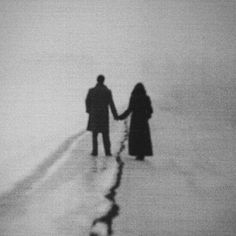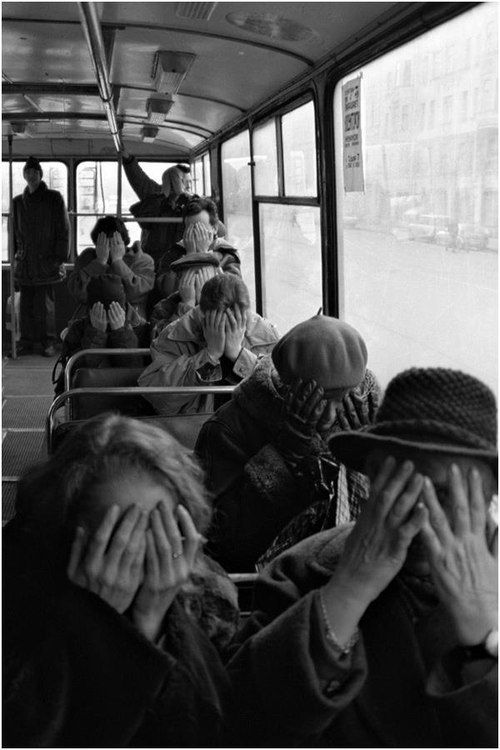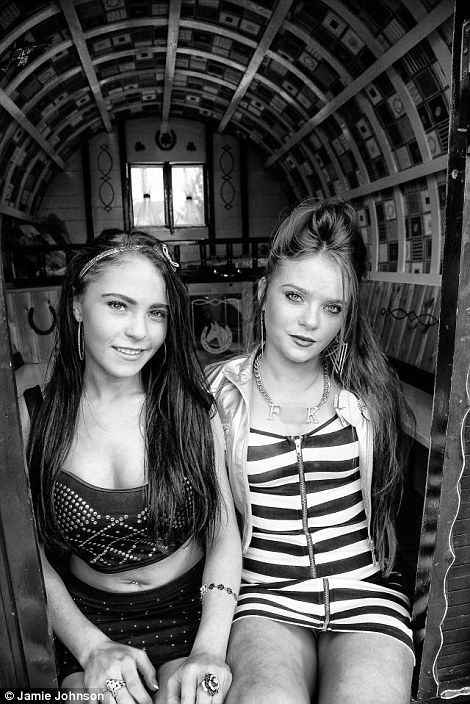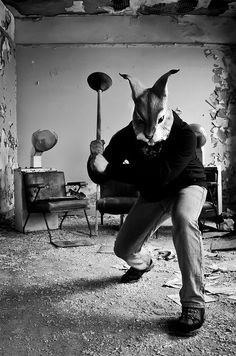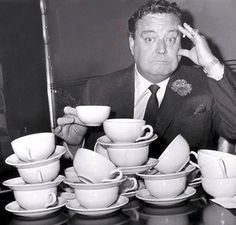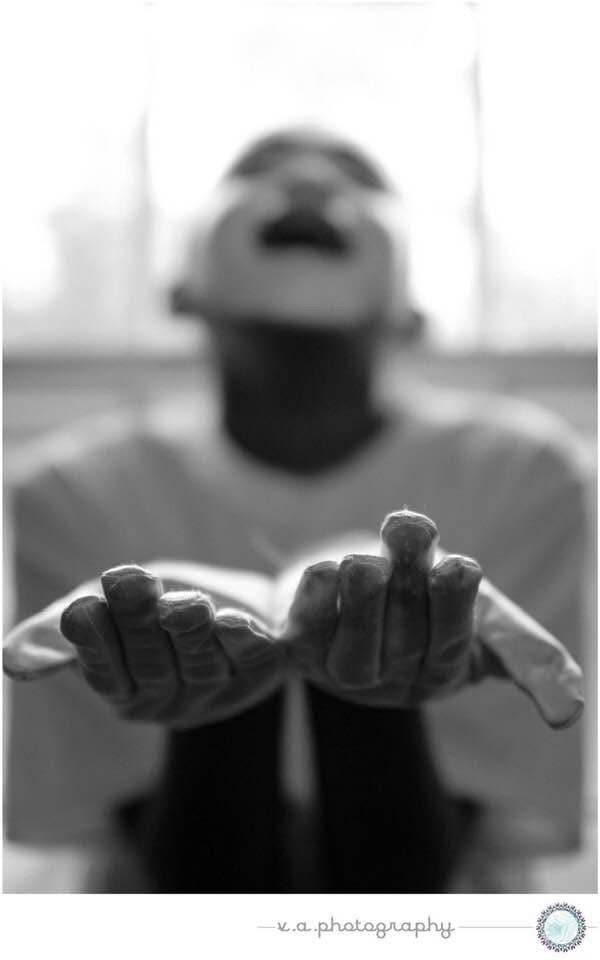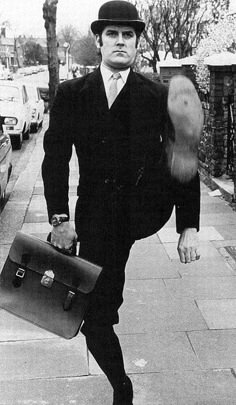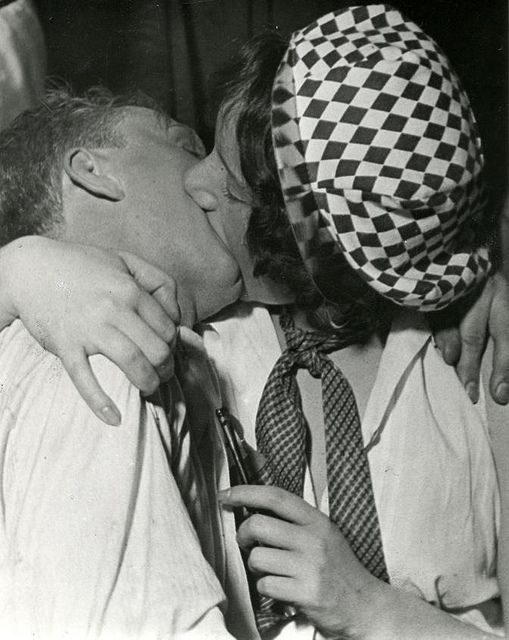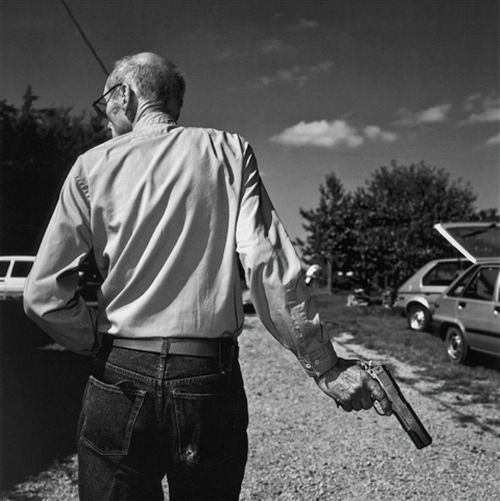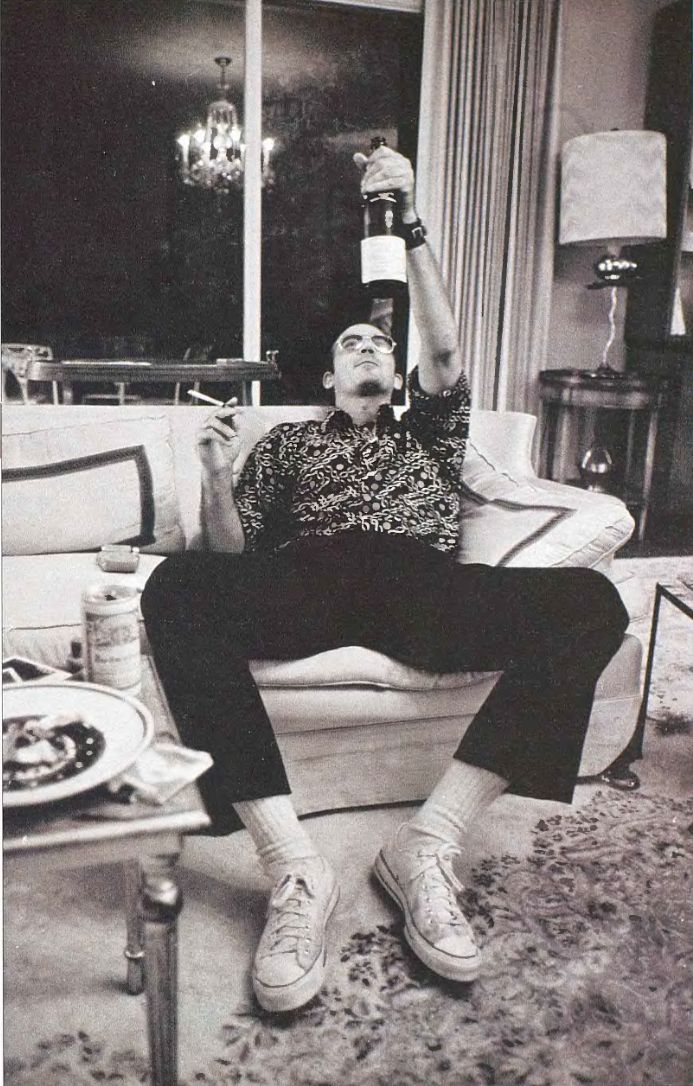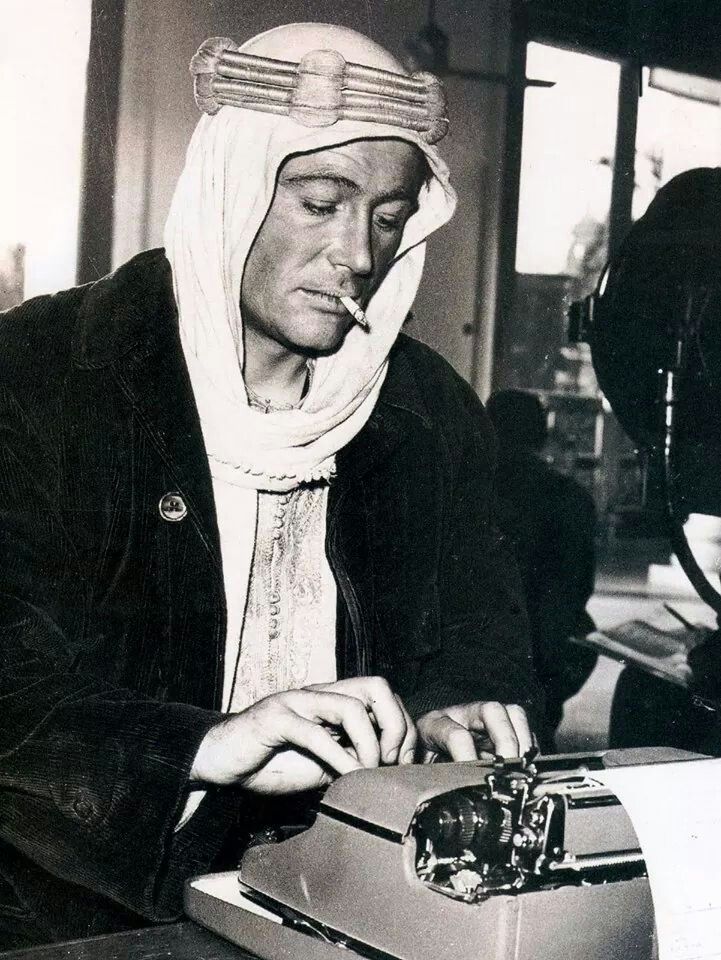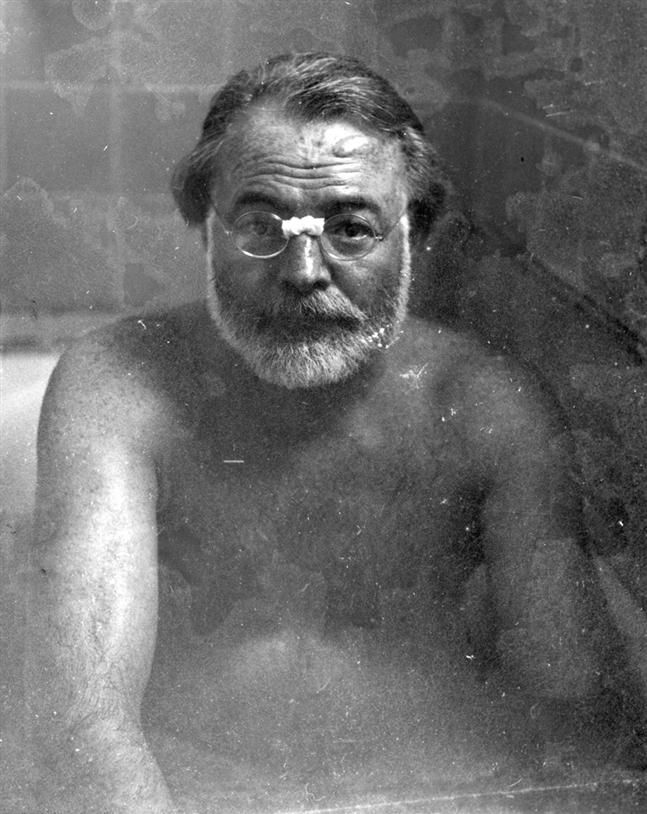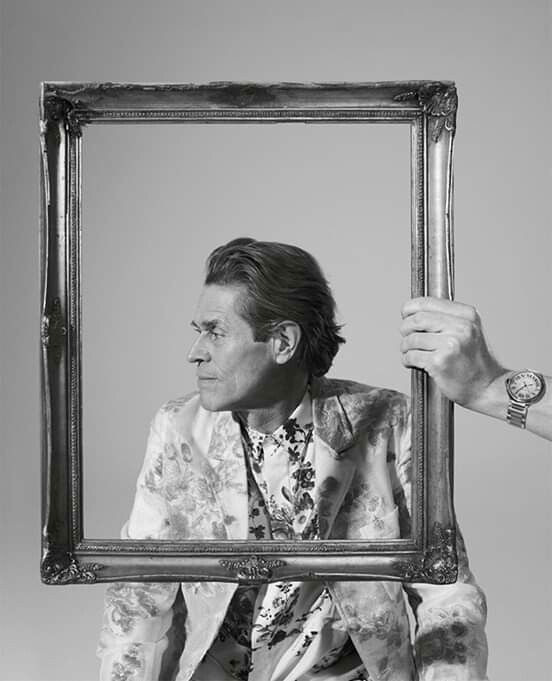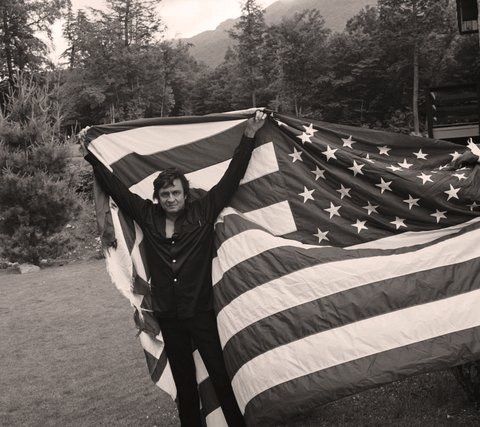You want to understand what happened? You have to understand it wasn’t a love story. Not really. It was a pact. A goddamn escape plan hatched by two refugees from two different, but equally shitty, toxic hells.
You weren’t the “Golden Boy” who had it all figured out. You were the one who was supposed to make it out, but you were still running from your own family’s ghosts, from the raging alcoholic you used to be. You saw her, and you didn’t see a lover; you saw a project, a chance at a clean slate. You saw someone you thought would be a “good mother,” a cornerstone for the new life you were desperate to build. Joining the Mormon church? That wasn’t just faith; that was you, putting on a clean, pressed suit, trying to become a new man right before her eyes—a man so righteous and hardworking that the past couldn’t touch him.
And her? She was running from a legacy of abuse and madness, a production line of broken women. Her mother was a loon, her grandmother was a toxic hermit, her sister was the designated truth-teller who got exiled for it, and her brother was a casualty, his brain scrambled by his mother’s smothering control. She saw you, the “thoroughbred,” the guy with the wild energy who was going to either run for Congress or end up in prison, and she saw her ticket out. Your ambition was her escape raft.
You two didn’t fall in love. You grabbed onto each other and kicked for shore, hoping to leave the sharks behind.
The problem is, you can’t outrun your own goddamn programming. For a while, the pact held. You built the house, made the money, played the part. But the pressure of real life—kids, bills, the sheer, grinding monotony of it—it puts cracks in the best-laid plans. And when she cracked, she didn’t become someone new. She reverted to her factory default settings. She became her mother.
That venomous rant over the garbage disposal? That wasn’t an argument. That was the ghost of her mother crawling out of her mouth. The manipulation, the score-keeping with those goddamn binders, the need to “break” your middle daughter’s spirit because she was too much like her Aunt Cassidy—too honest, too defiant—that was all learned behavior. It was the only way she knew how to feel powerful when her own life felt like a cage. She wasn’t fighting you; she was fighting her own reflection, and you and the kids were just casualties in her war against herself.
And you? You had your own ghosts, your own two-father dilemma. You had Jim, the stepfather, the rock who stayed and took the beating, who endured a miserable life out of duty. And you had your biological father, the runner, the one who saw the storm coming and got the hell out, choosing freedom over a life of quiet desperation.
For years, you tried to be Jim. You stayed. You slept in the guest room for six goddamn years, a ghost in your own house, hoping “next month” or “next year” would be better. You endured the joyless, sexless cage because that’s what a “good man,” what a rock, is supposed to do. The drinking, the trips, the ATV riding—that was just you rattling the bars, looking for a moment of air.
But the final divorce, that five-year war? That was you, at last, making a conscious choice. That was you deciding you were done being the rock. You chose the other path. The runner’s path. You chose self-preservation over martyrdom. You chose freedom, no matter the goddamn cost.
So, how do you explain this to your kids?
You tell them the truth. You tell them their mother is a survivor of a terrible war, and sometimes, victims learn the tactics of their abusers and turn them on the people they’re supposed to love. You tell them she’s not evil; she’s broken, haunted by a legacy she couldn’t escape. And in her brokenness, she tried to break them, too. You tell them their father, for all his own sins and his own brand of bullshit, finally decided he had to stop the cycle, even if it meant blowing up their whole goddamn world to do it.
You tell them about her new husband. The fat man in the suspenders. And you tell them why she chose him. You tell your daughter what her mother said: “Because he’s nothing like your dad.” That’s the whole story. She couldn’t handle a partner, an equal. She needed a subject she could control, someone who wouldn’t hold up a mirror to her own damage. That new guy wasn’t her choice for love; he was her choice for surrender.
And you? You admit your own part. Your “hero complex,” your need to “save” broken women because it makes you feel powerful, safe from getting your own heart broken. You admit that your Argentina plan is a beautiful, contradictory mess—the talk of a man who claims he’s given up on love while planning a grand voyage to find it. You’re not just looking for a woman; you’re looking for a family, for tradition, for a place to finally stop running.
The real question isn’t whether you’ll find it. The real question is whether you’ll finally let yourself be the rock instead of the runner when you get there.


